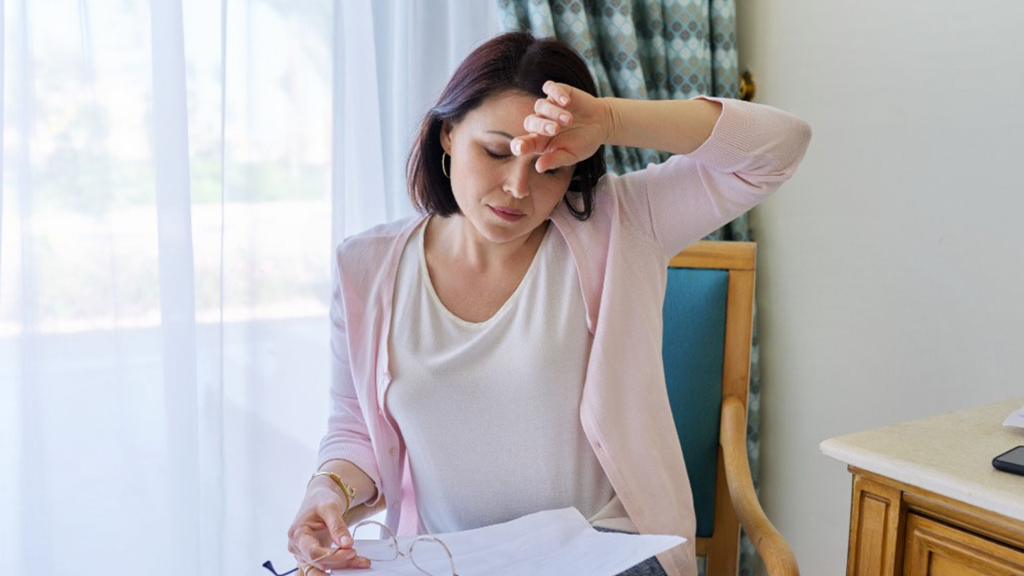Blog detail

Early Menopause and Its Impact on Fertility
Menopause is a natural stage in a woman’s life that typically occurs between the ages of 45 and 55. However, when menopause begins before the age of 40, it is referred to as early or premature menopause. This unexpected change can be emotionally challenging, especially for women who are hoping to start or grow their families.
What is Early Menopause?
Early menopause happens when the ovaries stop producing enough estrogen and release fewer eggs well before the usual age. This can occur due to genetic factors, autoimmune diseases, medical treatments like chemotherapy or surgery, or sometimes with no known cause at all. Women may notice irregular periods, hot flashes, mood swings, and decreased libido much earlier than expected.
How It Affects Fertility
The biggest concern with early menopause is the sharp decline in fertility. Since egg production becomes irregular or stops altogether, the ability to conceive naturally drops significantly. Many women are diagnosed during routine checkups or when they seek help for unexplained infertility. While early menopause reduces the chances of pregnancy, it doesn't always make it impossible especially with advancements in fertility treatments like egg or embryo freezing, hormone therapy, or donor eggs.
Conclusion
Early menopause can be a challenging experience, especially for women hoping to have children. However, Dr. Abdul Basith offers expert guidance and fertility options to help manage these challenges. With personalized care, you can explore solutions like hormone therapy or fertility preservation. Visit us to learn more and take control of your reproductive health.
